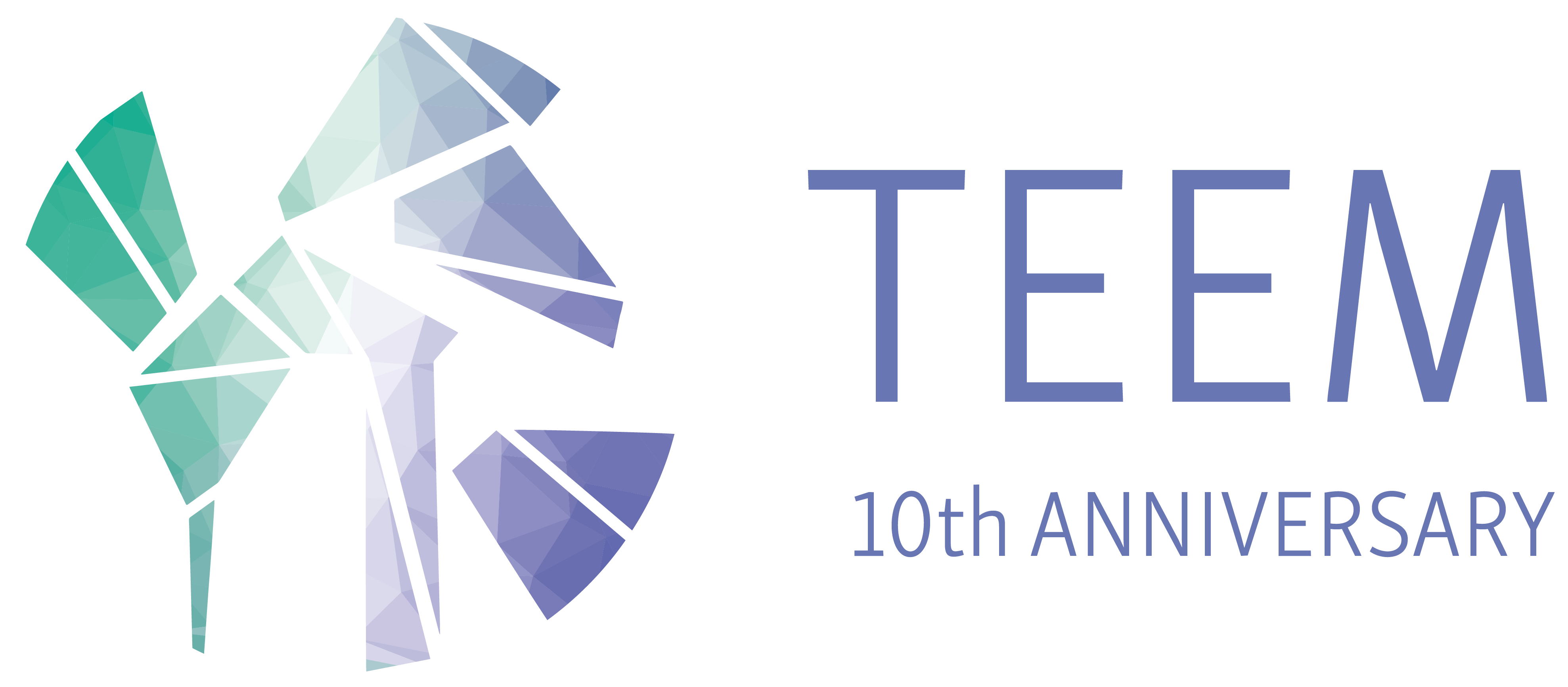Presentation
This track focuses on new trends in mechatronics engineering education, through its several learning stages, from secondary school experiments, to the development of industrial applications, that require different robustness requisites and inevitably different implementation skills. Mechatronic applications are common in Automation, Control and Robotics, being these topics the focus of the proposed track, although mechatronics is not exclusive of these areas.
Educational robotics can play an important role in mechatronics engineering education, due to the inherent multi-disciplinary concepts that are involved, motivating students to technological areas. It also plays an important role in research and development, because it is expected that the outcomes that will emerge here, will later be transferred to other application areas, such as service robots and manufacturing.
Having in mind that the cost is always a key indicator, in addition to the application performance. Each application has its own requirements that must be fulfilled at the lowest possible cost, without having a performance compromise. Different methodologies and technologies allow for cost reduction in the development and deployment of mechatronic applications, and these different approaches must be researched and disseminated.
Topics
- Mechatronics Engineering Education
- Cost Oriented prototyping
- Mechatronic Applications
- Educational robotics
- Control
- Automation
Track Scientific Committee
José Gonçalves (Research Centre in Digitalization and Intelligent Robotics (ESTiG-IPB), Portugal) – Chair
José Lima (Research Centre in Digitalization and Intelligent Robotics (ESTiG-IPB), Portugal) – Chair
Paulo Costa (Faculty of Engineering of the University of Porto, Portugal)
António Moreira (Faculty of Engineering of the University of Porto, Portugal)
Vítor Pinto (Faculty of Engineering of the University of Porto, Portugal)
Pedro Costa (Faculty of Engineering of the University of Porto, Portugal)
Manuel Silva (Instituto Superior de Engenharia do Porto (IPP), Portugal)
João Coelho (Research Centre in Digitalization and Intelligent Robotics (ESTiG-IPB), Portugal)
Miguel Ángel Conde (University of León, Spain)
